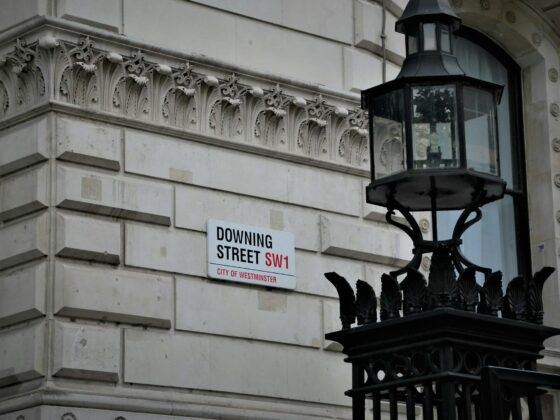From Europe to the US, the travel giant faces allegations of anti-competitive clauses, deceptive pricing, and market abuse
Aug 12, 2025
Several ongoing lawsuits across Europe, the US, and beyond accuse Booking.com of using anti-competitive “parity clauses,” deceptive pricing tactics, hidden fees, and even profiting from illegal settlement listings. The most significant actions—a Dutch consumer class action and a collective European hotel lawsuit—could lead to payouts worth hundreds of millions of euros, while regulatory fines and criminal complaints add further legal pressure. Booking.com denies wrongdoing, stressing its transparency and commitment to competitive pricing.
Key takeaways
- Dutch consumer class action (2025): Claims Booking.com inflated hotel prices via fake discounts, scarcity tactics, and hidden fees since 2013; potential payouts in the hundreds of millions.
- European hotels’ collective action (2025): 10,000+ hotels seek recovery of up to 30% of commissions paid between 2004–2024 over illegal “parity clauses”; backed by ECJ ruling.
- Spanish market abuse fine (2024): CNMC fined Booking.com €413.2 million for abusing 70–90% market share, banning lower direct prices, and imposing discounts without consent.
- Texas deceptive practices lawsuit (2023): Alleges misleading “low” rates that omit mandatory fees; case ongoing.
- German Wikingerhof case (2020–2024): ECJ cleared path for German court trial over alleged unfair contract terms.
- Criminal complaint over illegal settlements (2023–2025): NGOs accuse Booking.com of profiting from listings in illegal Israeli settlements; case under Dutch investigation.
- UK regulatory crackdown (2019): CMA found Booking.com continued using misleading scarcity claims despite rules.
- Reputational and financial risk: Combined legal actions could result in significant payouts, refunds, and damage to Booking.com’s market credibility.
Get the full story at Golf News









